Relationship Based Practice (RBP) in Social Care – Professional practice : Relationship, conflict and mediation in social care, Assignment, Ireland
| University | The Open University (OU) |
| Subject | conflict and mediation in social careProfessional practice : Relationship conflict and mediation in social care |
Content Guidelines:
1. Introduction to Relationship-Based Practice (RBP): (100 words minimum)
– Define RBP and its significance in social care.
– Outline the core principles of RBP
2. Approaches in RBP: (250 words minimum)
– Explore two different approaches within RBP, such as Person-Centred Approach, Strengths-Based Approach or Narrative Approach.
– This should explain the approach, core principles and their connection to social carepractice.
3. Techniques and Strategies: (250 words minimum)
– Detail two specific techniques and strategies used in RBP, such as: Active Listening, Reflective Practice, Conflict Resolution.
4. Application of RBP in Practice Placement: (350 words minimum)
– Provide examples of how you applied RBP principles, approaches, and techniques in your previous placement.
– Discuss challenges encountered and how you addressed them.
5. Conclusion: (200 words minimum)
– Summarise the importance of RBP in social care.
– Discuss how this toolkit will be valuable in your future practice in social care.
The toolkit must be presented in a professional manner with the appropriate use of images, graphs or supporting visual evidence.
CORU SOP’s
2.12. Understand the need to work in partnership with service users, their relatives/carers (if appropriate) and other professionals in planning and evaluating goals and interventions, as part of care planning and be aware of the concepts of power and authority in relationships with service users.
2.13. Understand the need to build and sustain professional relationships as both an independent practitioner and collaboratively as a member of a team.
2.15. Understand the role of relationships with professional colleagues and other workers in service delivery and the need to create professional relationships based on mutual respect and trust.
5.8. Understand the role and purpose of building and maintaining relationships as a tool in the delivery of social care across the lifespan in a variety of contexts.
5.9. Have a critical understanding of the dynamics of relationships between social care workers and service users and the concepts of transference and counter-transference.
Lecture Aim
The aim of this lecture is to provide a comprehensive understanding of relationship-based practice within social care work, focusing on the development and maintenance of effective, ethical relationships with service users and the collaboration with professionals to support service planning and delivery.
The Power and Importance of Relationships in Social Care
“The quality of the relationship between practitioner and service users has been described as ‘the single most important condition to achieving change” (Ashley & Nixon 2007).
- Developing positive relationships using this approach are ‘essential rather than incidental’ (Alexander and Grant, 2009).
- Fewster (2004) goes one step further suggesting that within the caring role, often ‘the relationship is the intervention’.
- It requires us to focus upon developing quality relationships when working with families, partner agencies and staff within our organisation whilst also developing our understanding about how these complexities might present themselves.
Are You Searching Answer of this Question? Request Ireland Writers to Write a plagiarism Free Copy for You.
Let’s look closer at attachment theory
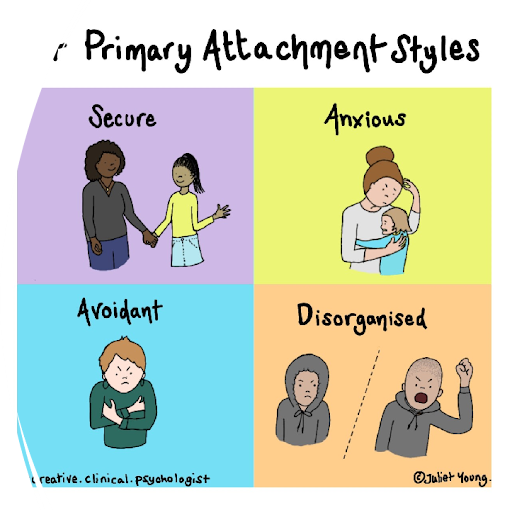
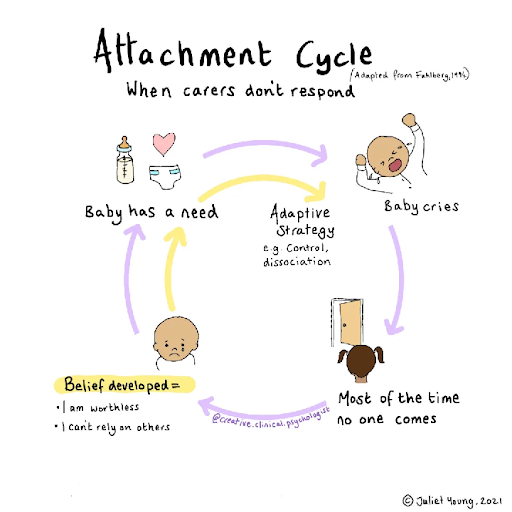
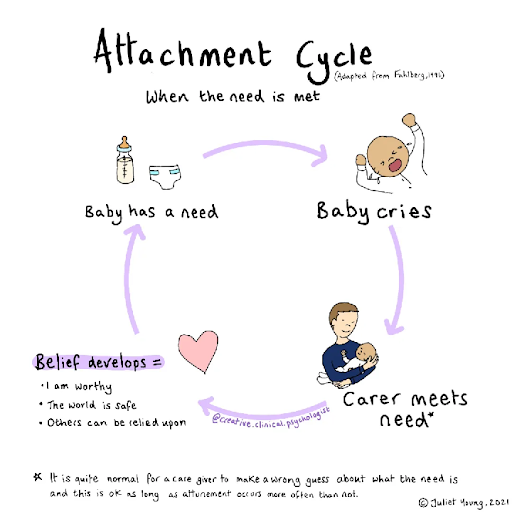
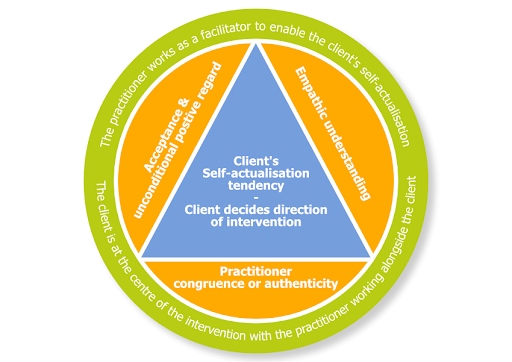
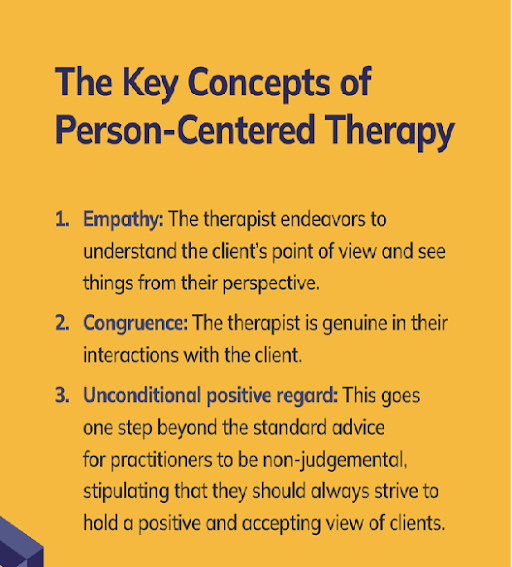
Get Solution of this Assessment. Hire Experts to solve this assignment for you Before Deadline.
Transference and Countertransference (SOP 5.9)
- Psychodynamic Insight: Utilises understanding of unconscious influences on relationships.
- Transference: Service users may project past emotions onto current social care interactions.
- Example: Previous parenting issues can affect how service users relate to social care workers (Ruch 2010).
- Counter-Transference: Social care workers may also react based on their own unconscious transference and how they may impact the relationships.
- Self-Awareness: Critical for workers to recognise their transference in professional relationships.
- Outcome: Recognising these dynamics is challenging but key to deeper understanding and better relationship building (Agass 2002).
Practice Skills for Managing Countertransference
1. Self-integration
Having a strong sense of self with secure boundaries is essential. It’s important to recognise that individuals working in health and social care may have experience challenges in their own lives, could carry unresolved issues from their past. The first crucial step is developing self-awareness. At times, additional support and guidance may be necessary to navigate these personal difficulties effectively.
2. Insight into one’s vulnerabilities
Undertaking reflective practice and beneficial supervision are important to provide insight into any assumptions or blind spots
3. Anxiety management
The ability to recognise, tolerate, and manage the anxiety that countertransference often triggers is essential, and these skills can be developed through learning and practice.
4. Empathy
Helps individuals stay engaged with the service user and their emotions, while managing their own feelings, such as when a service user rejects helps.
5. Conceptualisation (thinking) skills
These skills allow individuals to understand the countertransference experience. Keeping a reflective journal can reveal patterns in behaviour and responses, while having a mental framework or model can help interpret and make sense of what is occurring.
Key Elements of RBP
Use of Self
- ‘Self’ can be described as the combination of values, emotions, beliefs and experiences that contribute to who we are as individuals (Ruch, 2010). This is not fixed and, as we enter relationships, we draw upon what we feel is required to engage with others within a given context.
- This ‘use of self’ presents significant challenges for social care workers in managing the balance between the professional, personal and private elements of their practice.
- Barnes (2015) state that interdependence between social care workers and service users, where both parties bring their own experiences and contexts to the encounter, laying the foundations for a trusting and dynamic relationship.
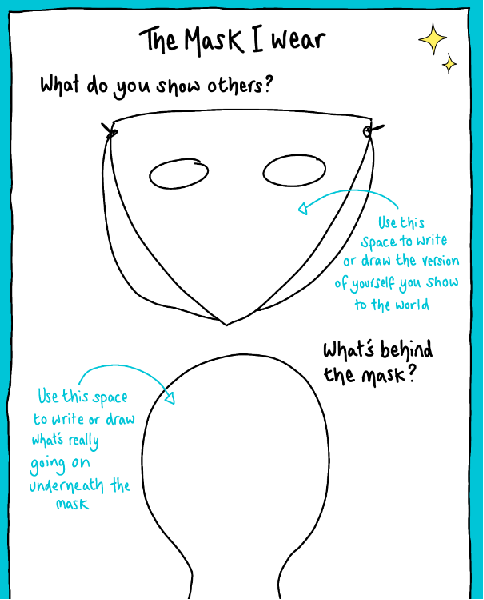
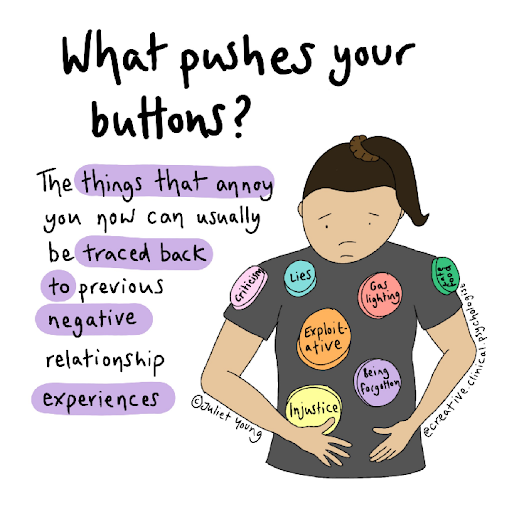
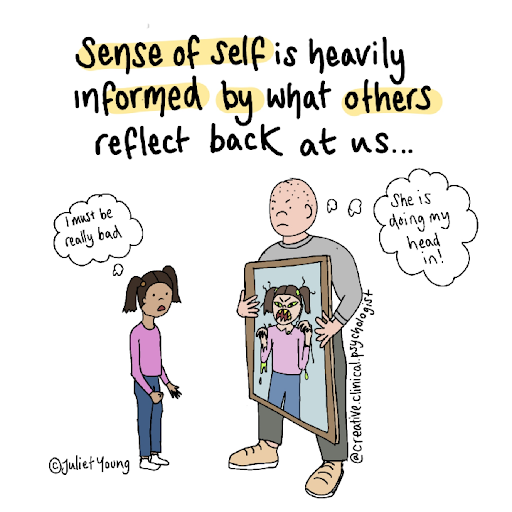
Emotional Intelligence
Ingram (2013) highlights the role of emotional intelligence as a trait and skill that can help practitioners manage the emotional complexities of our work. Emotional intelligence can be briefly defined as the ability of an individual to:
- be aware of their own emotions;
- be able to understand and manage these effectively within relationships;
- be motivated to similarly understand the emotions of others; and to communicate this within relationships’ (Morrison, 2007) In doing so, it enables us to adopt a proactive rather than reactive approach when relationship-based issues become evident.
Get Solution of this Assessment. Hire Experts to solve this assignment for you Before Deadline.
Cultural Competence
“Cultural competence engages the development of abilities and skills to respect differences and effectively interact with individuals from different backgrounds. This involves awareness of one’s biases or prejudices and is rooted in respect, validation, and openness toward differences among people. Cultural competence begins with an awareness of one’s own cultural beliefs and practices, and the recognition that others believe in different truths/realities than one’s own. It also implies that there is more than one way of doing the same thing in a right manner.”
1.This requires being conscious of issues related to power, privilege and oppression. In practice this requires being aware of our own cultural identity, values, beliefs, norms and traditions as well as those of the individuals with whom we are working
2. For example, I am not only aware of the discrimination against the Irish Traveller community but I understand how this discrimination may be affecting the community; thus, I adapt the manner in which I work to take these effects into account.
3. Being culturally sensitive requires not judging differences as good or bad. To achieve cultural competence in social care, cultural awareness, knowledge and sensitivity must be embedded into daily practice (Lum, 2011).
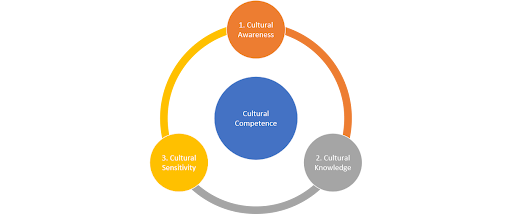
Practice Scenario and Worksheet
Key Messages
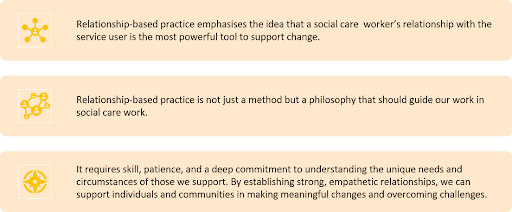
Creative Practice and the ‘self’
It is necessary to use engaging and creative recreational activities to assist with interventions for the service user.
Recreational activities are used to enhance the experience and well-being of the service user.
It enables service users to increase their creativity and empowers them to express themselves
Types of Recreational Activities in Social Care
- Physical Activities e.g. – sport activities, including the Special Olympics, active games, fitness and exercise classes, swimming and walking)
- Social Activities e.g. – participation in non-sporting clubs and societies, parties and trips out as a group
- Creative Activities e.g. – art, drama, singing and music
Task
Read Chapter 72 and create examples of recreational interventions that involve the head (planned practice to meet needs), the heart (relationship development) and the hands (doing with others – community engagement).
Creativity
- Creativity cannot be classified by the outcome or product; it is about the dynamic process and what is experienced from participating in the creative act.
- Runco (2007) redefined creativity as a hierarchical framework- he feels creativity is affected by the individual, their ideas and motivation, and the external environment.
- This is applicable in social care work as the environment, including the service and the staff members, has a role to play in the service user’s ability to engage in creativity.
Task
How do you express your creativity?
Do you define yourself as a creative person? If yes, in what way?
What are your fears around engaging in creative activities during your studies or practice?
Stuck in Completing this Assignment and feeling stressed ? Take our Private Writing Services
Struggling with your Professional Practice: Relationship, Conflict and Mediation in Social Care Assignment? Our assignment writing services offer affordable, high-quality support tailored for Irish students. Simply pay our expert to assist you with Care Support Assignment Help Ireland and get the guidance you need. Enjoy 100% human-written assignments—no AI involved! We guarantee A+ results, on-time delivery, and plagiarism-free content. Elevate your academic performance with our reliable online exam help today!
